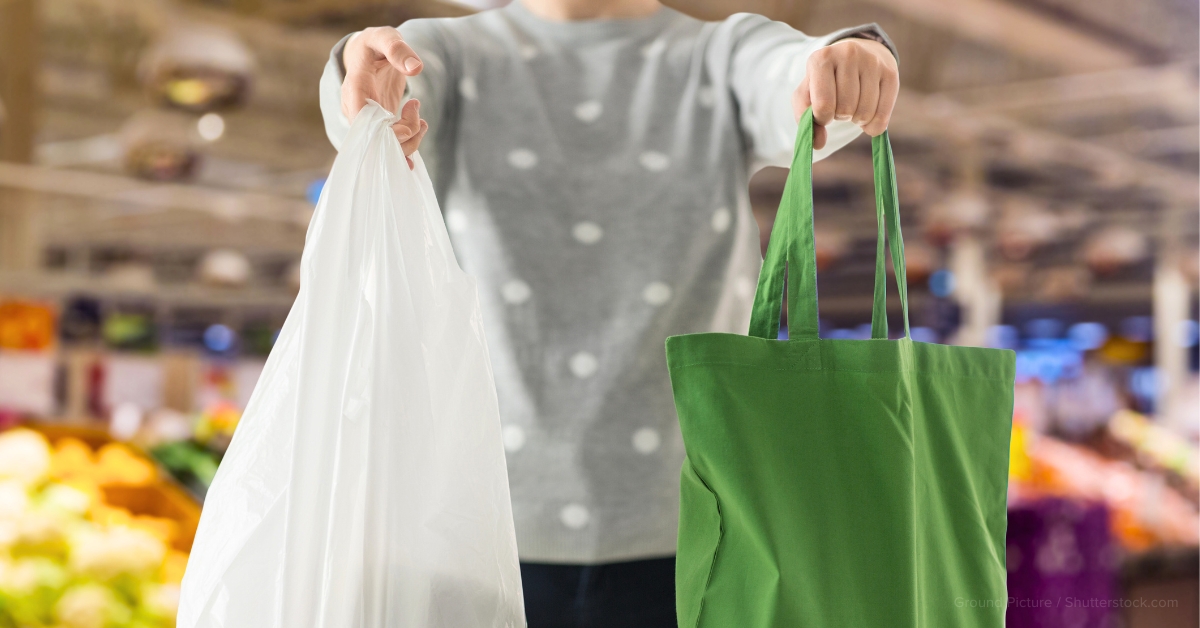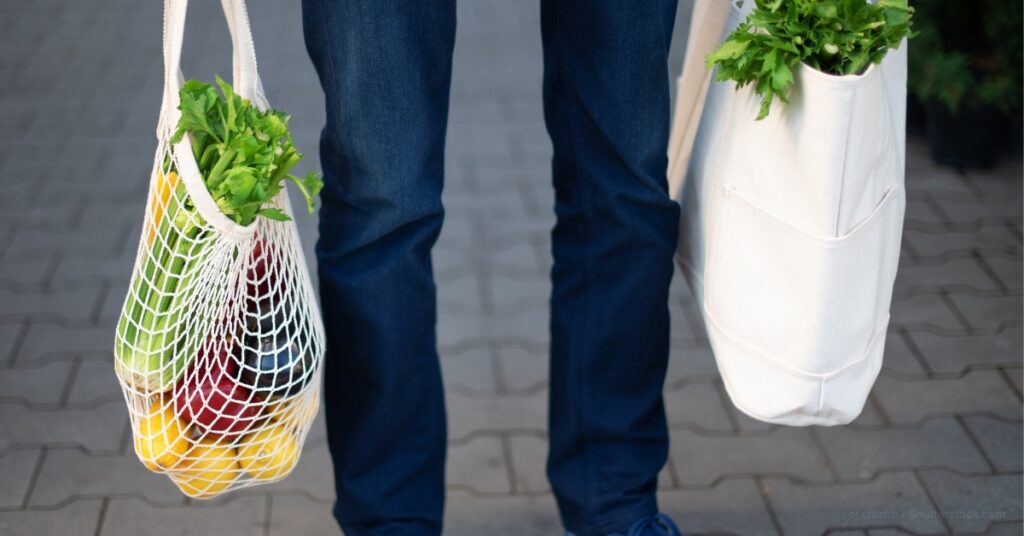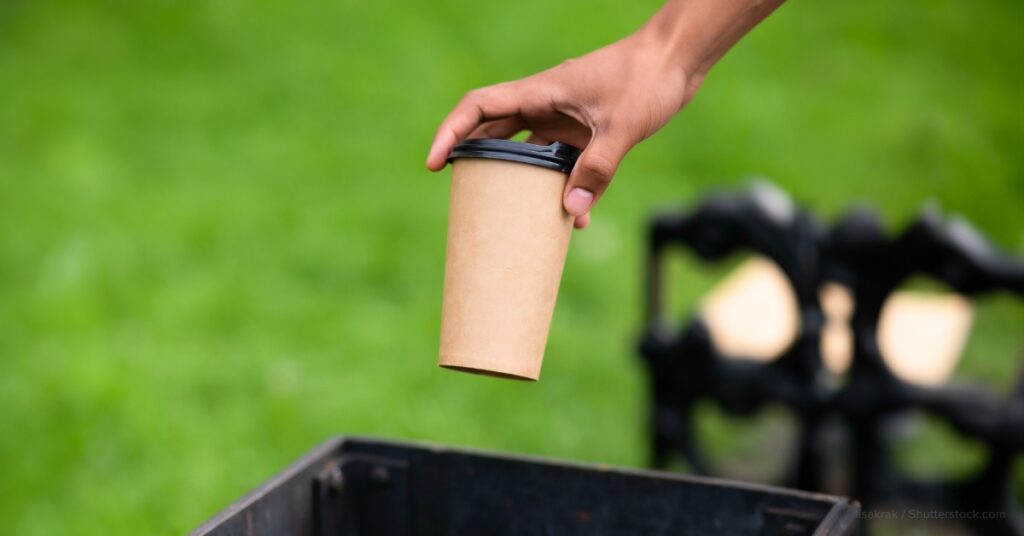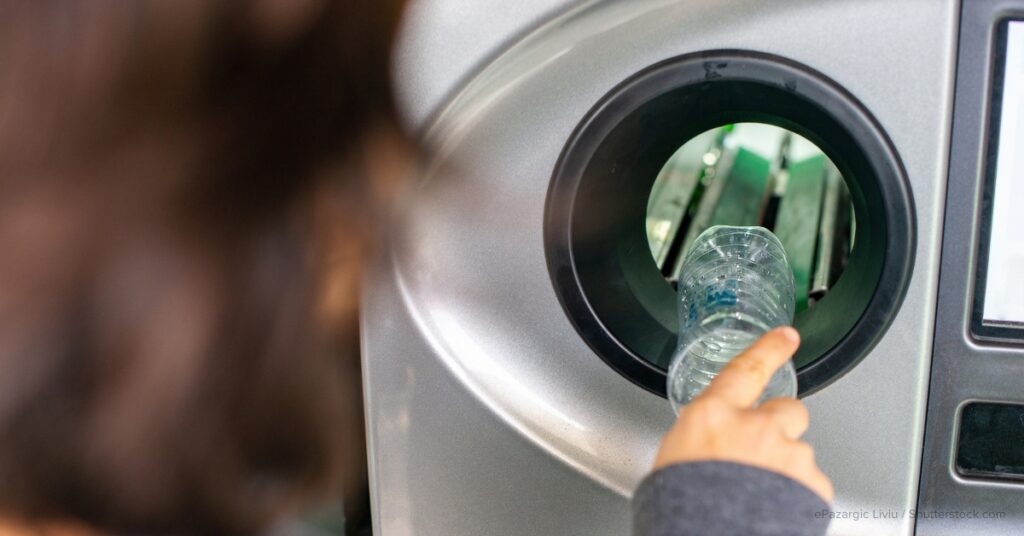
Published
January 29, 2024
Tags:
This article digs into how supermarkets adapt the sustainability of packaging and make changes to operate more environmentally friendly.
Convincing the retail industry to switch to sustainable means marks a sure breakthrough for green advocacy. Supermarkets, in particular, serve as the perfect venue to make a difference on a large scale. After all, they are a remarkable center of consumption and a hub for materials, goods, and waste. Thankfully, key players in the supermarket landscape have finally been taking substantial steps to curb their environmental impact. This article digs into how supermarkets adapt the sustainability of packaging and make changes to operate more environmentally friendly.
3 Facts About the Sustainability of Packaging in Supermarkets
Read along as we delve into some critical facts about the packaging in the supermarket industry.
1. Smaller establishments are leading the way

The plastic-free supermarket movement gained traction as a potent strategy to combat plastic pollution. Today, major companies boast newly forged commitments to entirely phasing out single-use plastic bags, aligning with a broader industry push for reusable alternatives to reduce plastic circulation.
However, it is small plastic-free supermarkets, such as unPacked in Madrid and YES FUTURE in Barcelona, that have been leading the way. They promote bulk buying, reusable containers, and cloth shopping bags. Spain’s high plastic consumption has prompted a broader awareness of the need for change, with even larger supermarkets feeling the pressure to reduce plastic use.
2. Promoting the sustainability of packaging helps fight several environmental battles

Waitrose, a notable player in the supermarket landscape, is addressing the adverse effects of plastic items on oceans. They are not only eliminating single-use plastic straws but also disposable coffee cups, with plans to replace them with reusable alternatives.
Aside from this, supermarkets also also at the forefront of addressing concerns about food waste. To combat this issue, companies are getting creative. For example, Lidl’s ‘Too Good to Waste’ boxes offer damaged produce at lower prices, saving a lot of food from being thrown away. Big players like Iceland and Tesco are also looking into greener packaging options, committing to recyclable or compostable materials by specific deadlines.
3. Plastic-free supermarkets are just the beginning

Eco-friendly businesses are doing more than just tackling packaging and food waste. They’re introducing things like bottle deposit schemes, and giving customers gift vouchers for recycling plastic bottles.
Sustainability efforts cover a wide range, from energy efficiency to reducing emissions and packaging. This includes adopting sustainable refrigeration systems, choosing eco-friendly locations, improving construction processes, and designing stores with the environment in mind.
Follow the Steps Toward a Greener Future

With the stronger push for more sustainable retail practices from supermarkets and customers alike, there is a consistently increasing demand for sustainable, biodegradable packaging options for businesses.
If you own a sustainable business in the Philippines and want to improve your packaging practices, consider partnering with Oikos Sustainable Solutions. We are the first and only brand in the Philippines to receive an Environmental Technology Verification from the Department of Science and Technology for our line of locally designed and produced cassava starch bags and corn bags. Our bags are plastic-free, biodegradable, and compostable—a perfect alternative packaging to plastic. Be a sustainable business today. Learn more about our brand here.
Facebook
Linkedin
Twitter
Pinterest
